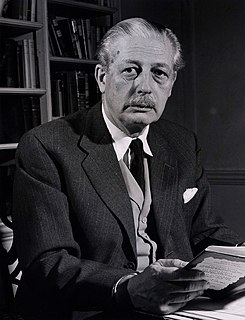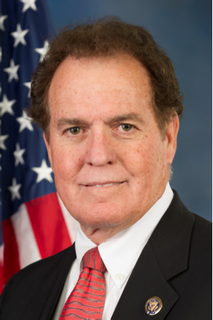A Quote by Max Weber
The great virtue of bureaucracy - indeed, perhaps its defining characteristic ~ was that it was an institutional method for applying general rules to specific cases, thereby making the actions of government fair and predictable.
Related Quotes
In the Small group the individual can know the effects of his actions on his several fellows, and the rules may effectively forbid him to harm them in any manner and even require him to assist them in specific ways. In the Great Society many of the effects of a person's actions on various fellows must be unknown to him. It can, therefore, not be the specific effects in the particular case, but only rules which define kinds of actions prohibited or required, which must serve as guides to the individual.
Although I am still in favour of a National Government in these difficult times, and shall probably be found in the great majority of cases in the Government Lobby, there are some issues that have arisen, or are likely to arise, upon which I am unable to give the Government the support which it has, perhaps, the right to expect from those receiving the Government Whip. It occurs to me, therefore, that it would perhaps be more satisfactory if I was no longer regarded as being among the supporters of the present Administration.
There is always a very delicate interplay between individual actions and institutional conditions. But there is no such thing as institutional conditions without any individual actions and no such thing as individual action without institutional conditions. So there is always personal responsibility.
I see racism as institutional: the rules are different for me because I'm black. It's not necessarily someone's specific attitude against me; it's just the fact that I, as a black man, have a much harder time making an art-house movie and getting it released than a white person does about their very white point of view. That's racism.
In this science the illustrations and examples are not confined in their effect merely to the practice they afford in the analytical art, but [...] they also store the mind with independent geometrical and physical knowledge. Besides, it should be considered, that the only effectual method of impressing abstract formulae and rules upon the memory, and, indeed, of making them fully and clearly apprehended by the understanding, is by examples of their practical application.


































